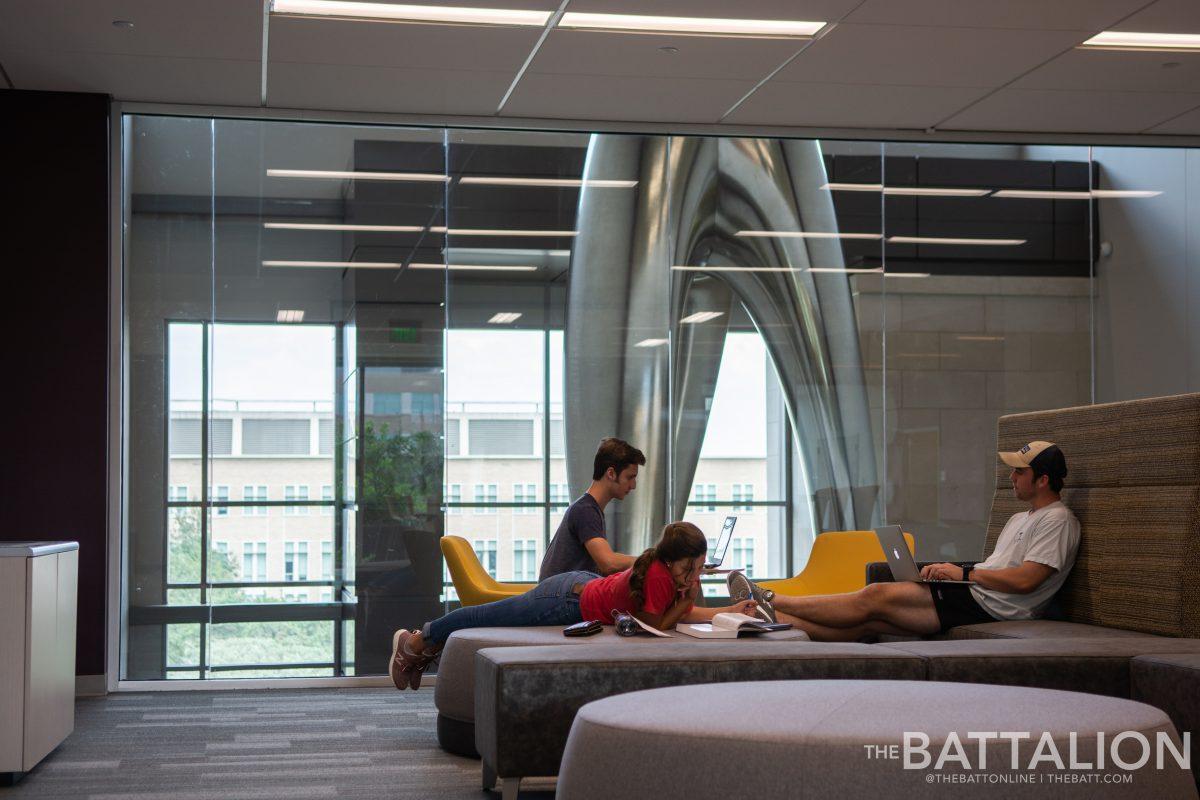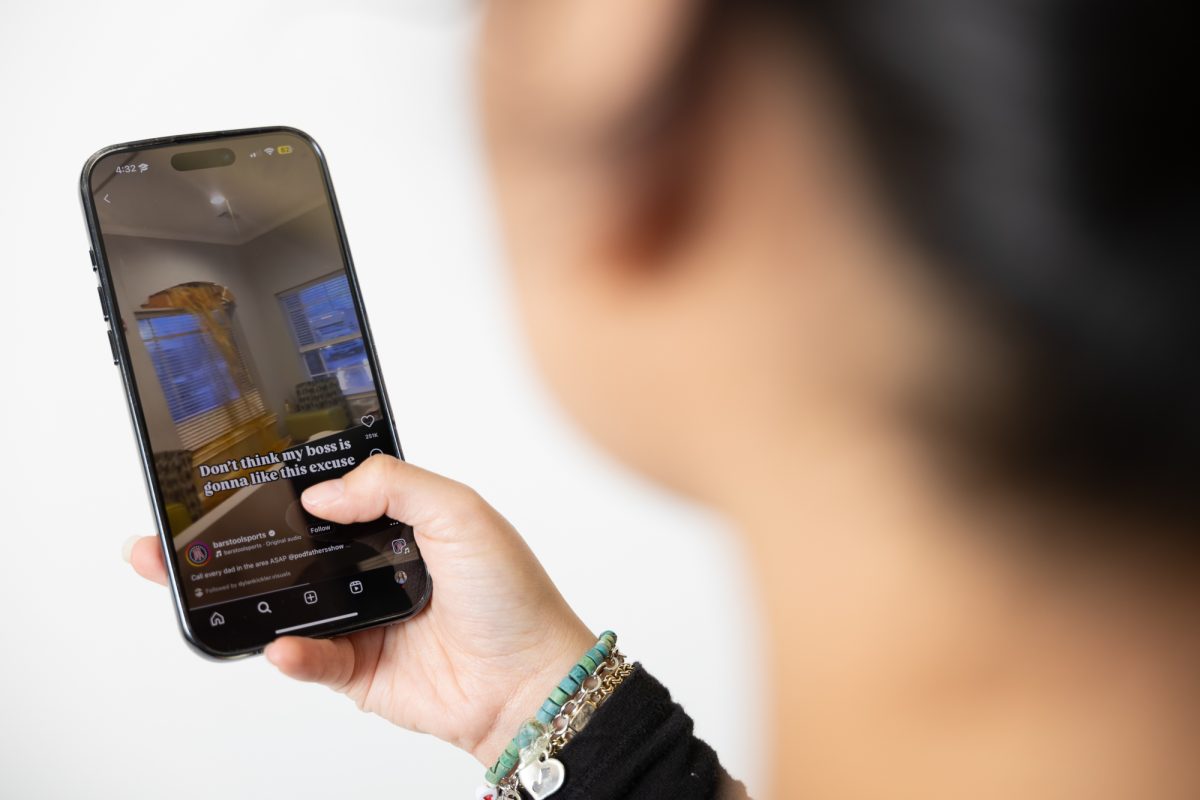After living in Lubbock for several months, I’m tired of seeing dirt, cotton and flat land. Fortunately, Texas A&M is returning to in-person classes for the fall semester, and I will finally make my great escape to College Station. Given that we are still in the middle of a global pandemic, the university is making significant changes to how classes operate. Some of the propositions are problematic, but others are beneficial for everyone at A&M.
For one, all courses have a remote option for anyone who wants to continue Zoom University in order to avoid the risk of coronavirus. This proposition is one of the best ideas, since Aggies with weaker immune systems can stay safe if they wish. Additionally, the hybrid classes make physical distancing significantly easier since only a fraction of the students will be in the classroom. However, the university needs to ensure that students maintain a safe distance from the professors since many are no longer spring chickens.
A&M is also starting class on Aug. 19 (a week earlier than usual) and ending in-person classes before Thanksgiving. This change allows all Aggies to avoid the flu season’s start, ensuring fewer students are sick or susceptible to COVID-19. While inconvenient for those of us who signed our apartment leases to start on Aug. 19, the early start date is imperative to ensure both COVID-19 and influenza are less virulent.
In a normal year, the flu virus would infect between five to 20 percent of the U.S. population. Fortunately, the CDC estimates that half of all influenza cases in the U.S. are asymptomatic, approximating the number of symptomatic cases to be closer to three to 11 percent.
Students at A&M are generally less susceptible to severe influenza cases. According to the CDC, the most COVID-19 deaths in the 15-24 age range for any given week is 19 fatalities. This statistic indicates that the virus affects most college-age students less than the older age brackets. However, other Aggies are still at risk. Older professors and students with compromised immune systems may be more vulnerable this year with both COVID-19 and influenza concerns. The latter kills between 12,000 to 61,000 people each year, so ending the semester early can help protect at-risk Aggies.
The next and most controversial proposition I’ve heard is hosting class on Saturday. Some may think my generation complains too much, but holding school on the weekend is a sin. Very few people with a nine-to-five job are excited when their boss asks them to work for a few hours on a Saturday. Similarly, Aggies use the weekend to rest, study and work, and classes can impede our time management.
Sure, there are Saturdays where we don’t do anything productive, and some may be recovering from Friday night’s hangover. However, Aggies need the weekend to rest and recharge for another week of classes, especially during midterms. Having class on Saturday would mean students have less time to prepare for exams or catch up on sleep.
Fortunately, Provost Carol A. Fierke announced that A&M would be extending the length of each day and foregoing Saturday courses. It’s difficult enough to balance school, extracurriculars and work during a normal year. COVID-19 is making college harder, and weekend classes would compound our struggles.
I’ll see y’all in Aggieland. Just not on Saturday.
















